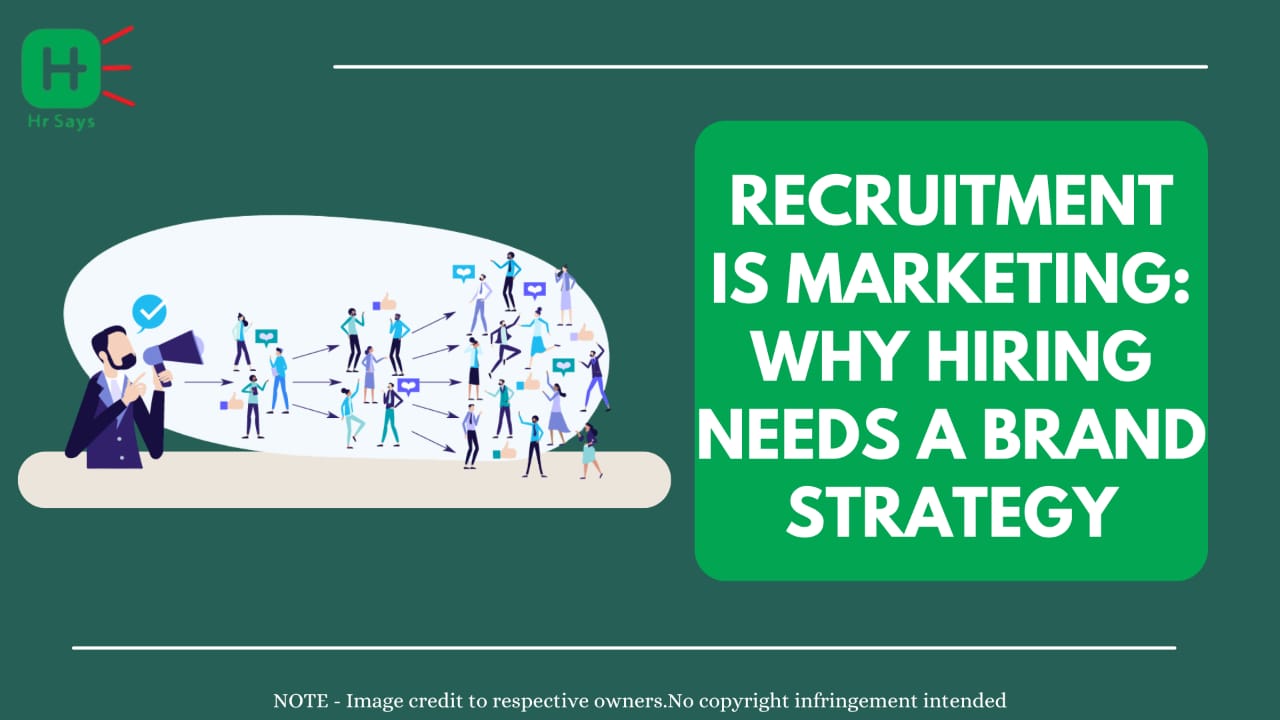Have you ever asked yourself why certain companies very easily have their way to the top talent and others do not get it even though they pay them a lot of money? It is not only about the recruitment but also about its sale. Nowadays, it is not only a job of filling positions, but also selling a brand story, values, and vision.
The Shift: From Hiring to Branding
Recruitment has evolved. It is not a simple HR operation anymore but a strategic marketing operation. In a business environment where candidates scrutinize employers just as consumers do their products, establishing a good employer brand has been made without the points of discussion.
Candidates don’t just look for jobs anymore. They look for meaning, culture, and connection. They scroll through company websites, employee reviews, and social media before applying. That’s where recruitment marketing steps in — merging traditional hiring with the power of brand storytelling.
Building the Employer Brand
Every interaction with potential candidates builds or breaks your brand. Your job descriptions, social media tone, and career pages all shape perceptions. A strong employer brand is what sets you apart in a crowded job market. \
To develop a lasting impression, companies should:
● Highlight authentic employee experiences
● Use consistent messaging across platforms
● Showcase company culture through visuals and stories
● Communicate growth opportunities clearly
When your organization’s values align with candidate expectations, you attract people who fit and stay. That’s what real recruitment marketing achieves.
Storytelling: The Heart of Recruitment Marketing
Every brand has a story. The best ones tell it well. Recruitment marketing thrives on authentic storytelling — not exaggerated claims or polished taglines. Candidates relate to people, not positions.
Sharing real journeys of your employees, their challenges, and successes paints a believable picture. When potential hires see themselves in those stories, they’re drawn to apply. Storytelling adds personality to your brand and turns your workplace into an aspiration.
Why Recruitment Needs a Marketing Strategy
Treating recruitment as marketing helps you think beyond vacancies. It makes hiring a long-term investment instead of a short-term task. With a defined marketing strategy, you can:
● Build consistent awareness among potential candidates
● Strengthen employee retention through brand loyalty
● Improve hiring quality and reduce recruitment costs
● Position your company as an “employer of choice”
A recruitment marketing strategy isn’t just about advertising jobs. It’s about creating a narrative that people want to be part of. When candidates start following your brand before even applying, that’s when you know your strategy is working.
The Bottom Line
The hiring landscape has changed. Recruiters now act as marketers, storytellers, and brand builders. To win the talent game, companies must market themselves with authenticity and clarity. Recruitment marketing bridges the gap between talent attraction and employer reputation, shaping how the world sees you.
In the end, remember — candidates choose brands, not just jobs.

 Recruitment today mirrors marketing. A clear employer brand, authentic storytelling, and
consistent messaging attract and retain top talent. Treat hiring as brand-building to create
meaningful candidate connections and long-term organizational growth.
Recruitment today mirrors marketing. A clear employer brand, authentic storytelling, and
consistent messaging attract and retain top talent. Treat hiring as brand-building to create
meaningful candidate connections and long-term organizational growth.








.jpeg)
.jpeg)

.jpeg)





.jpeg)



.jpeg)

.jpeg)



